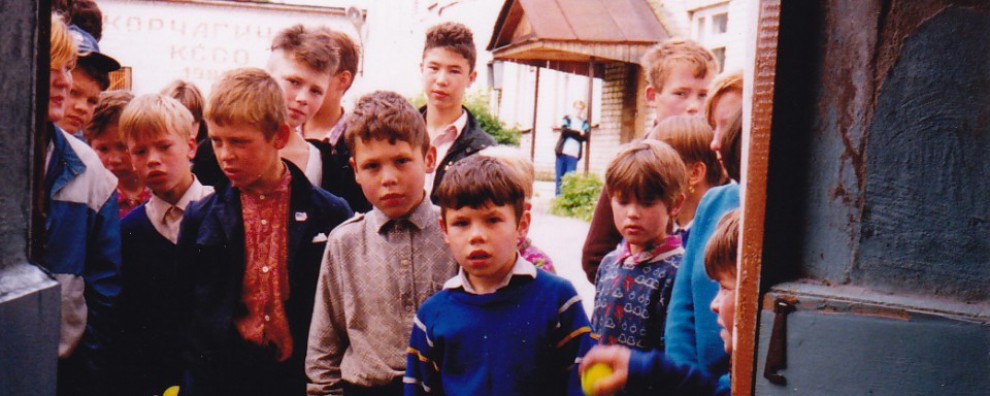Here is a Cultural Literacy worksheet on the Dark Ages.
In posting this document, I understand that I’m dealing with a contested term. In fact, in the nineteenth and twentieth centuries, as the period became better understood, historians began restricting its use to the Early Middle Ages, generally the first few centuries following the fall of Rome. When I was teaching global studies in New York, one of the concepts that was chronically overlooked while my co-teacher droned on in a recitation of decontextualized historical facts was the difference between periods of intellectual enlightenment and intellectual repression–indeed, the active promotion of ignorance and superstition.
If one looks at intellectual history, this oscillation between lightness and darkness, as Petrarch framed it, recurs fairly regularly (in fact, we’re arguably in the middle of such a period as I write this). I always thought that in teaching global studies, we ought to use the trial and death of Socrates as an illustration of the contest between intellectual freedom and the superstition and ignorance which opposes it. Once we accomplished that, we can cite this phenomenon everytime it expresses itself in history. It would make introducing the Carolingian Renaissance, the Renaissance itself, and the Enlightenment (and its antithesis, Romanticism) a simpler and deeper conceptual endeavor at once. In United States history, this dynamic expresses itself, I submit, in everything from the First and Second Great Awakenings to the McCarthy Era.
And we end up with those big concepts in historical inquiry that Claude Levi-Strauss called binary oppositions: faith and reason, law and anarchy, science and religion, knowledge and ignorance, and so forth. Those pairs, I think, are what Grant Wiggins and Jay McTighe had in mind when they talked about identifying (and helping students to understand) “big ideas” in instructional planning.
If you find typos in this document, I would appreciate a notification. And, as always, if you find this material useful in your practice, I would be grateful to hear what you think of it. I seek your peer review.
